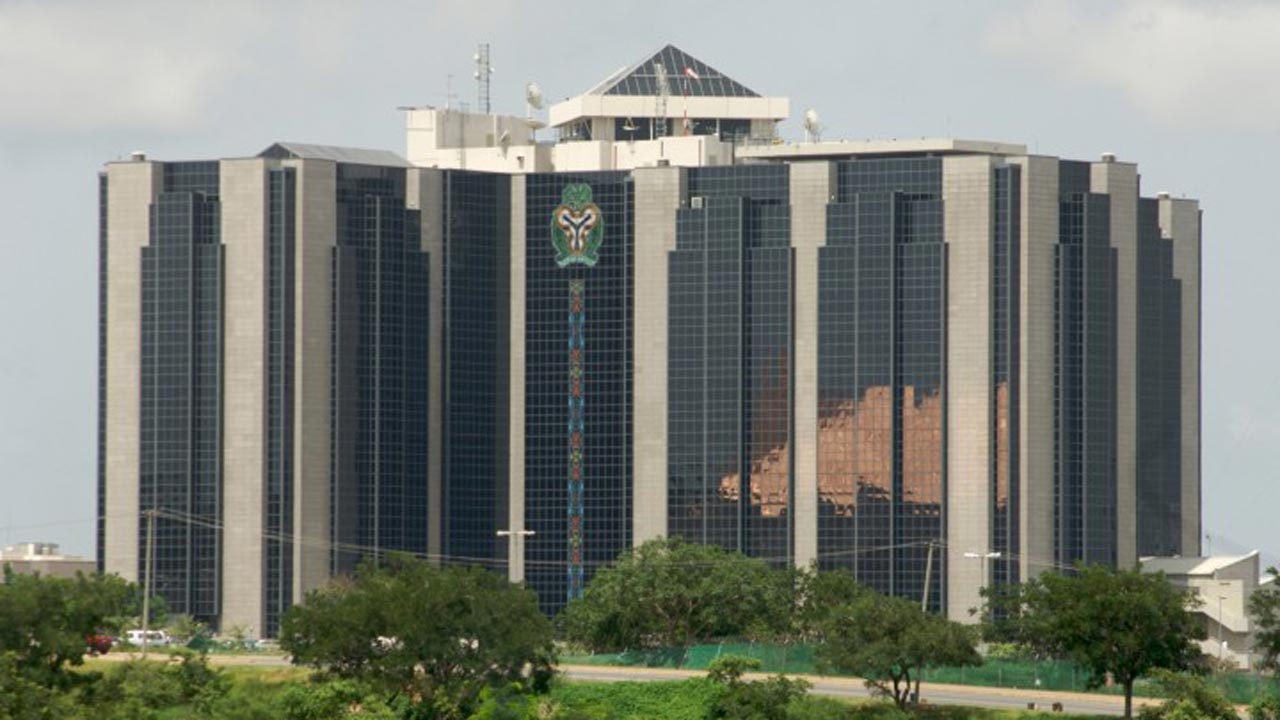
By Victor Ogiemwonyi
The Central Bank of Nigeria’s (CBN) circular of June 13, 2025, produced a mini-earthquake in the country’s banking circles and stock market, particularly in the days that immediately followed its release.
The circular essentially directed banks operating in the country to make full provisions for the forbearance loans in their books, while also bringing their single obligor limits within prudential guidelines.
Recall that these forbearance in questions was given to banks during the COVID-19 pandemic in 2020, allowing them to temporarily breach prudential guidelines because of the tough economic conditions at the time. Many businesses were affected by the pandemic which hit the economy, causing many of their loans to become non-performing. The CBN had permitted the banks to go over their single obligor limits for a period. This situation was over four years ago. This prudent move by the CBN, is therefore, to ensure banks strengthen their capital buffers and make adequate provisions against existing impaired loans in their books.
The directive also stipulated that until these banks come back to these recommended limits they must stop dividend payments, just as management should no longer enjoy any form of bonuses, and any further investments in foreign branches must cease.
Because this move from the regulatory move was largely unexpected and a surprise to the banks, the initial reaction by nation’s stock market was a pullback as many investors switched immediately to caution mode. Since the circular did not specify the banks affected by the directive, investors naturally reacted negatively to all banking stocks, causing the market to immediately decline after banking share prices fell on the day after.
As is usual with “smart money,” they exit the market and wait on the sidelines until more information is made available.
Fortunately, one of the top investment banks, Renaissance Capital, had been following up on the forbearance issue and had done some analysis of the impact on some of the top banks. The analysis named seven banks, how much of forbearance existed against them, and the likely impact of the directive. Those with a more severe impact, experienced a greater downward price adjustment the next day, forcing many of the banks to issue statements, explaining their positions and what remedial actions they have, or are taking to comply with the directive. Most of them, thereafter promised that the directive would not affect dividend payments, especially at a time close to the half-year interim dividend season. These were the clarifications the investing public needed to assuage their fears.
Those banks least impacted by the CBN directive were immediately rewarded, as their share prices moved northward. To be fair, these banks already had premium pricing for their shares because, they not only proved their prudent decision-making, by fully providing for their impaired loans before now, but they have also consistently shown the efficiency of their operations while reporting very good profits, while also paying good dividends in the just ended full-year.
A Stitch In Time
There were complaints from some quarters that the CBN’s timing of the circular was wrong because it would hamper banks’ ability to conclude their capital raising. This position did not consider the interest of investors who would buy these shares, since such investors invest based on the best information available to them.
However, I believe that this CBN’s prudent push to strengthen banks’ balance sheets was the right thing to do, because there is this saying that “a stitch in time saves nine.”
There is a lot of sense in taking timely action to fix a problem when it is still small, instead of waiting for it to get out of hand and then require significantly more effort. That will not be the right thing to do. This timely warning, from the CBN was also a way of alerting the market to be more diligent while investing in bank that were flagged in its circular, especially given what happened in the last major capital raising exercise- the 2004/2006 banking consolidation. Recall that many banks that investors later discovered were very weak raised capital from the market only to fold up later, causing many of such investors to lose their investments in those failed Banks.
Given that many of the big banks have already raised much of their capital to meet the new CBN requirement, the other good ones will have no problem raising the needed capital also.
This CBN directive will ensure banks clean up their books and make the necessary provisions against impaired loans and reflect true profits in their books, especially at a time when we have seen many banks declare huge profits and pay big dividends.
This is also the right time for the banks to do this, because they are profitable and have just raised a lot of new capital. There is definitely room for adjustments and for the proper provisions to be made that would ensure they establish adequate buffers for their capital.
It should also be noted that provisions for impaired loans are not necessarily 100% lost. Whenever these loans are recovered, they go straight back into the bank’s profits. Let us note that these provisions are precautions against possible losses, and therefore a prudent move that benefits everyone- banks and investors in their shares. Posting “fluff” profits from loans that then go bad, does no one, any good. Strangely, our investing public expects dividend payments every year, and such dividends paid reduce capital available for future business. It is therefore important that dividends should be paid from real profits.
The first report from Renaissance Capital suggested some of the banks would likely suspend dividend payments for multiple years, as working to meet the stricter prudential standards now imposed by the CBN will take some time, given the significant numbers required for some of the banks to meet the standards. This panicked the market, following which investors and traders particularly scampered to safety by exiting their positions in banking stocks. It took time for them to digest the information available, get necessary assurance before returning, after confirming that the banks are much stronger now than they were several years ago, and have the capacity to make the required provisions and still stay profitable.
Nigerian banks will continue to prosper for some time to come, despite the current economic situation- they are still profitable. Imagine when the economy starts to grow properly. Even the weak ones now will also grow albeit at a slower pace. Their new capital raising gives them even more money to work with, just as they are doing better with technology and the stricter prudential guidelines, even as the CBN is pushing now will ensure they make quality loans. It is certain that they will not be allowed to get away with non-performing loans in their books for long. Everything for our banks points to a better future, unless for the reckless ones, or in the unlikely event of a catastrophe we cannot yet see.
The CBN intervention is timely and a prudent move which is great for our banking industry. There should be no cause for alarm, because Nigerian banks are in a strong position right now.
Ogiemwonyi (marketconversations.substack.com), a retired Investment Banker writes from Ikoyi, Lagos.
.















